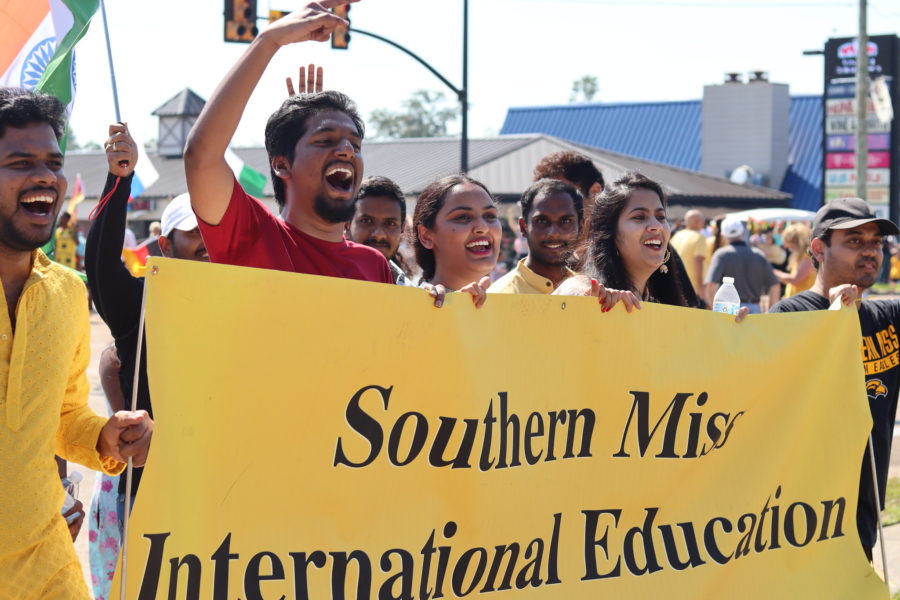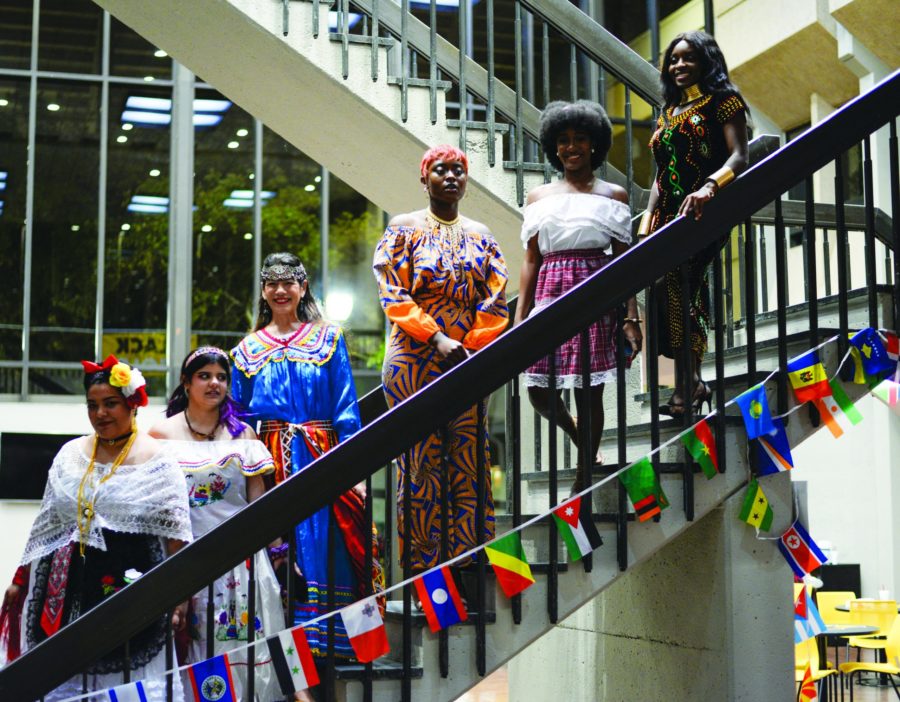At an anti-extremism summit in Washington Feb. 19, sponsored by the White House, Barack Obama declared an advocacy to end all terrorist activities, including those by the Islamic State.
International officials, religious and spiritual leaders and police officials from the United States and throughout the world attended the summit in hopes to unify world governments in a fight against violence, terrorism and public corruption.
As attacks in the Western world escalate, leaders stress the need to understand that extremism is not equal to Islam.
“We are not at war with Islam; we are at war with those who have perverted Islam,” Obama said. He also stated that terrorist groups “exploit the anger that festers when people feel that injustice and corruption leave them with no chance of improving their lives.”
He followed this statement by saying, “The world has to offer today’s youth something better.”
The summit centered on Obama’s belief that the world is in fact not at war with the religion of Islam, but in a fight against worldwide terrorism. He asserted that any conflict initiated by terrorist groups against Western nations in the name of Islam is an “ugly lie.”
“We come together from more than 60 countries from every continent,” Obama said in the beginning of his summit speech. “We speak different languages, (are) born of different races and ethnic groups, belong to different religions. We are here today because we are united against the scourge of violent extremism and terrorism.”
He also scorned the notion that Christians and Jews are waging a war of hatred on Muslims. Obama shared the idea for world leaders to aid people in escaping poverty and oppression, which may be breeding grounds for terrorist recruitment efforts.
“When people are oppressed and human rights are denied, particularly along sectarian lines or ethnic lines, when dissent is silenced, it feeds violent extremism,” Obama said. “When peaceful democratic change is impossible, it feeds into the terrorists’ propaganda that violence is the only answer available.”
His advising tactics were also put to use when he urged summit delegates to “confront the warped ideology” adopted by terror militants, groups, and units especially those who justify their acts of terror in the name of Islam.
“These terrorists are desperate for legitimacy, and all us have a responsibility to refute the notion that groups like (ISIS) somehow represent Islam, because that is a falsehood that embraces the terrorist narrative,” Obama said.
Many have misjudged Islam today after knowledge of the actions of ISIS, leading them to blame the religion for the atrocity occurring by the militant organization, according to Sam Adcock.
“That’s what they see,” said Adcock, a political science graduate student at The University of Southern Mississippi. “The first ‘I’ in ISIS stands for ‘Islamic.’ When a group such as that uses such a descriptor in their name, that’s what we associate it with.”
“We are in a long, drawn-out fight against the extremists of the world,” said Joshua Freeman, also a political science graduate student.
“It just so happens that as of right now, Islamic extremists are the most visible. In the past we’ve dealt with extremists of all religions, just not to the extent that we are with Islamic extremists today. Terrorism and extremism are mindsets that cannot be killed with a bullet and as we continue to fight it in such a way, the problem will continue to grow.”
“The U.S. and other nations of the world are, ostensibly, at war with those who would attempt to spread and enforce their worldview through violence directed at innocent civilians,” Adcock said.
“In this day and age, radical Islamists are the typical target, not Islam itself. However, I believe that many less than scrupulous politicians have couched the conflict in terms of religious differences, in an effort to create an “us and them” mentality in the public.”
Summit speaker Jordanian Foreign Minister Nasser Judeh spoke to all world governments, telling them to reach out to particularly young people who are often the target of recruitment efforts by terrorists. Judeh emphasizes education and opportunity in preventing ISIS recruitment of the nations’ youth.
“In general, I would say that we need to do a better job at educating people on what terrorism is and who terrorists are,” Freeman said.
“As someone who studies these in depth, it is infuriating to see such a blatant misrepresentation of an entire faith that accounts for nearly one-third of the total world population. One thing we need to be careful of is giving too much attention to these groups in the media. This is exactly what they want. By not giving them the coverage they desire, we would have another way of combating them.”






























